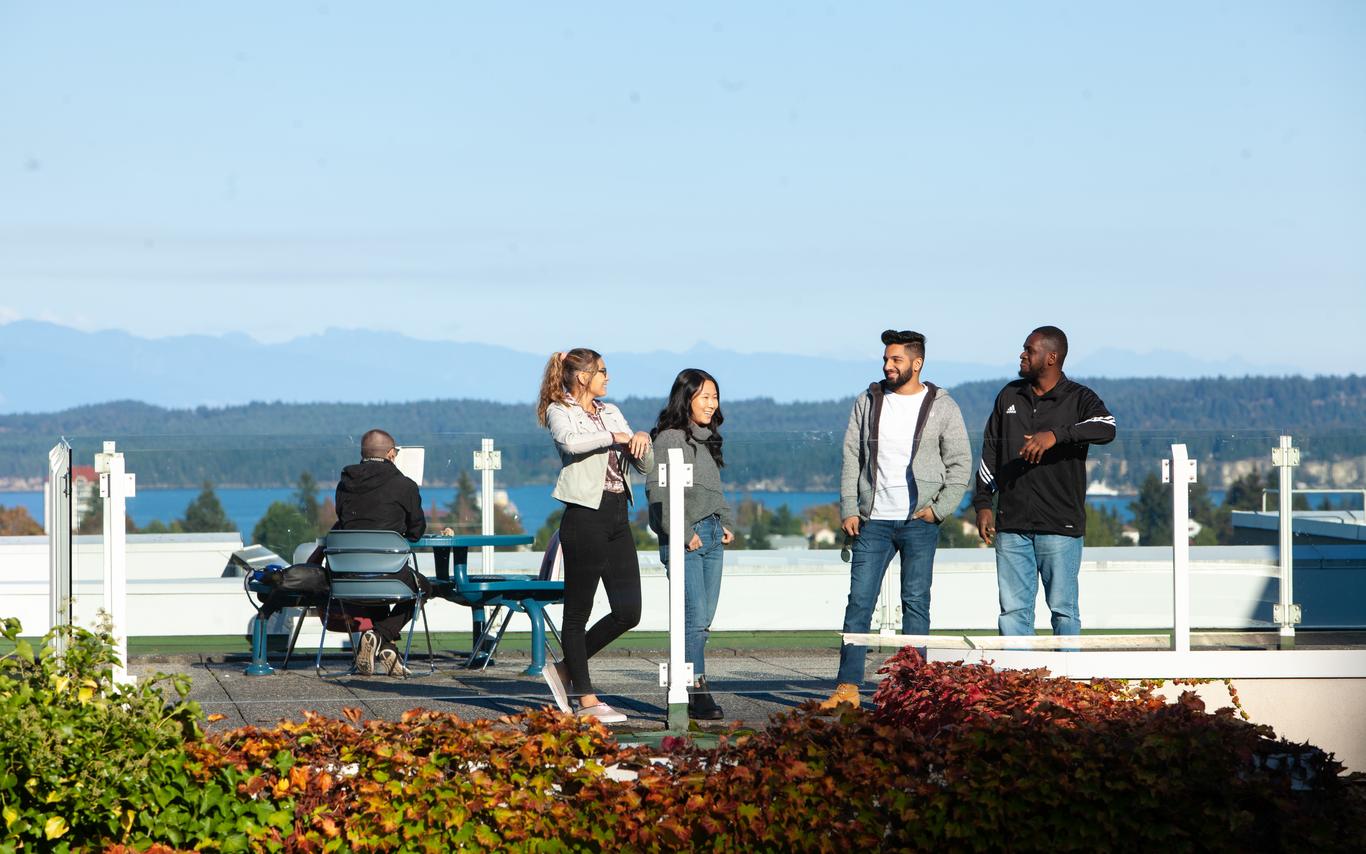By Nicole Vaugeois
“As I began to think more about leisure time, I realized that I kept putting it off, like I was waiting to reach some tipping point: If I could just finish picking all the weeds, chopping the invasive bamboo, cleaning out the crayons and shark teeth and math papers and toys and bits of shells and rocks and too – small clothes in the kids closets, buy more cat food, fix the coffeepot, complete this story assignment, pay these bills, fill out those forms, make that phone call, send this wedding present five months late – then I could sit down and read a book. As if leisure was something I needed to earn. Even when I seemed to have some free time, it was often for such a short period that I was at a loss for what to do with it. So I just went on to the next item on the to-do list” (Schulte, 2014, p 9-10.)
Every now and again we pick up and read a book that can be transformative. Two weeks ago I had the good fortune to pick up Brigid Schulte’sbook “Overwhelmed: Work, love and play when no one has the time” and felt on many occasions while enjoying its content, that her messages have the power to transform our notions of leisure, work and time. It is a long overdue book that brings into light the valuable insights gained by leisure scholars in a way that links to issues in popular culture.
Tested for time, Schulte seeks answers to her feeling of overwhelm which brings her into contact with the concept of leisure and the realization of numerous lessons about her own. She questions her time diary which indicates that she has 28 hours of leisure in a week, much more than she expected or felt she experienced. Learning that she is not alone and that the feeling of overwhelm is increasingly common for others, she is propelled on a learning journey that takes her into literature on time, work, motherhood and fatherhood. In that journey she discovers places outside of the USA where progressive policies and different worldviews create the conditions where leisure not only exists, but allows people to experience what it is to be fully human.
Some of my favorite parts?
- The way she questions the remnants of the protestant work ethic and “the ideal worker” mentality and how we keep it alive by rewarding and recognizing work above leisure. Message – don’t be an ideal worker and don’t make others feel they need to be one either – become the ideal leisurologist!
- The section on how ongoing feelings of overwhelm contribute to our shrinking brains, immune system overruns and poor health.
- Her questioning of the “cult of intensive motherhood” and what it is creating for children, women, fathers and families.
- Her observations on “time confetti” and the importance of taking larger, uninterrupted blocks of time to focus on one thing at a time to feel productive and unhurried. The research into the impacts of multi-tasking, distractions and the concept of time as power.
- The experiences and realizations about leisure in Denmark and that there are solutions to overwhelm – most of which elevate the role of leisure in our lives.
- And personally, the take away on the three questions that drive overwhelm: a) how much is enough, b) when is it good enough? And c) how will I know? I struggle with these questions daily in my work and recognized in reading them that addressing these and setting limits on my work will create the space I need for more leisure in my life.
A highly recommended read for anyone who feels overwhelmed, but I also wanted to flag it on this blog as our Centre of Excellence promotes the notion of self-sustainability as a pre-requisite to societal sustainability. Schulte’s messages should encourage leisure researchers to mobilize our collective knowledge in ways that impact people’s quality of life. Imagine if this spark of leisure education initiated by Schulte ignites in society and transforms leisure? Let’s encourage it to do just that… and then support the transformation we have awaited for so long.
